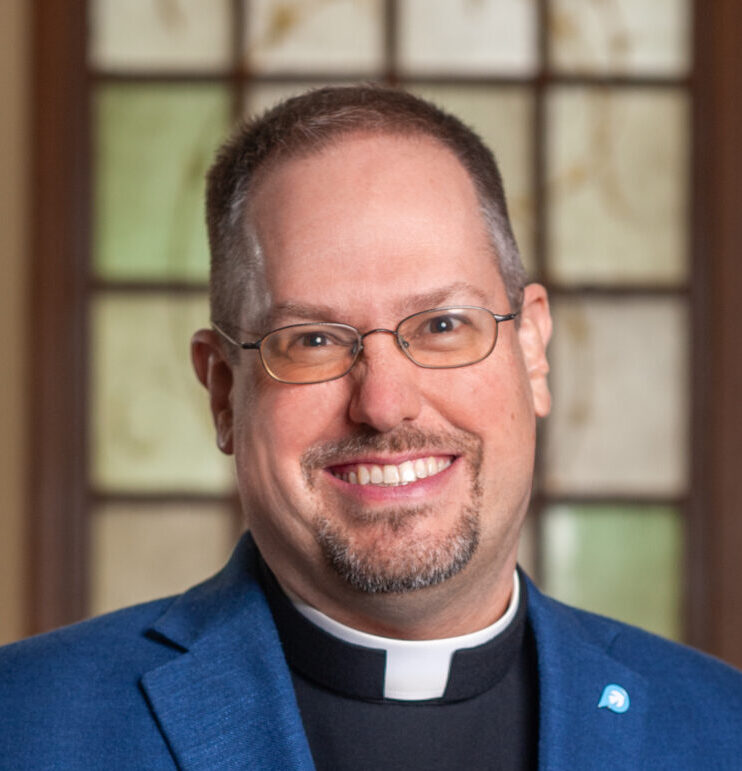1/26/2024
Sacraments: Graces For the Journey Ahead
 Fr. Rich Andre, CSP
Fr. Rich Andre, CSP
January 26, 2024
 Fr. Rich Andre, CSP
Fr. Rich Andre, CSP
January 26, 2024
This weekend, a number of our elementary students begin their preparation for First Holy Communion. On Tuesday night, those in the Order of Christian Initiation of Adults (formerly known as RCIA) will be discussing grace and the Holy Spirit. Therefore, it seems like a good time to talk about sacraments.
Some members of our community are familiar with The Baltimore Catechism, the standard Catholic school textbook in the United States from 1885 until the late 1960s. One of the Catechism’s lessons known to generations of U. S. Catholic schoolchildren was: “A sacrament is an outward sign instituted by Christ to give grace.”
While the Catechism’s teaching is true, I use a different mantra when I talk about the sacraments with children and adults alike: Sacraments are not rewards for a job well done; they are graces for the journey ahead. It’s easy to understand why receiving a sacrament often feels like a moment of completion. We usually ask people to participate in some sort of preparation process beforehand, and we often throw a party immediately afterwards. But sacraments are better understood as beginnings.
It may help to apply this idea to each specific sacrament. At an infant’s baptism, our main focus is on the child receiving the grace to become a Christian disciple. Reconciliation is more about being strengthened for the journey of faith ahead than about paving over the potholes in the road already traveled. It’s commonly said that Eucharist is a medicine for sinners, not a reward for saints. Confirmation is about God confirming the faith of the disciple, rather than the disciple confirming their faith in God. Most recipients of the anointing of the sick report sensing God’s presence, peace, and Providence as they face their illness. At weddings, couples ask God for the grace necessary to uphold their lifetime commitment one another. An ordination is not a seminary graduation party; it’s asking God to bestow the minister with the pastoral gifts necessary for the tasks ahead.
Of course, sacraments are not the only way we receive grace in our lives. We are born with the Holy Spirit already residing deep within us, and individual people have deep, transformative experiences at all kinds of moments throughout their lives. Someone may truly experience God’s grace by seeing a rainbow or through a deep conversation with a friend, while another person may not perceive a spiritual dimension to such a moment. What sets the seven sacraments apart from these other experiences is our belief that they are efficacious. No matter how flawed the minister or the recipient of the sacrament may be, we believe that Christ’s grace is always present.
The great German theologian Karl Rahner – who, although he is not yet canonized, I consider to be one of my patron saints – has suggested that the Church itself is a sacrament. Even though the Church is comprised of fallible people, it is an outward sign that was instituted by Christ, and through it, the world receives efficacious graces for the continuing journey.